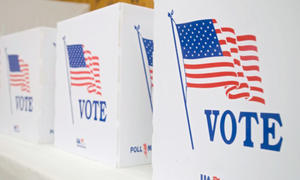text
Informational
A Rumbling in the Mines
This chapter details the Chinese involvement in building the transcontinental railroad and the friction it caused between them and white workers, whom Chinese workers displaced from their jobs due to their willingness to work for less and not join labor unions.
August 22, 2016

